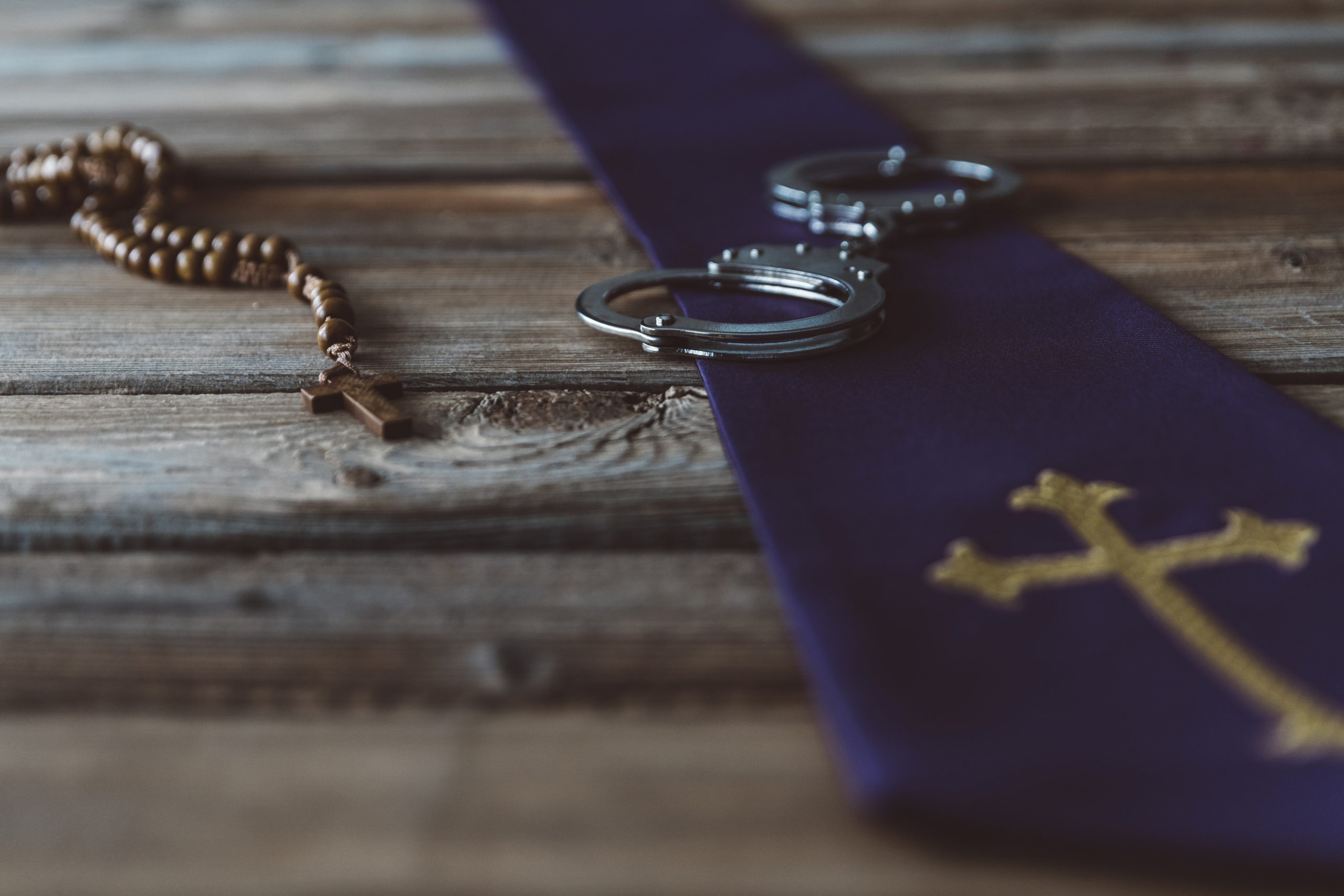You still have the right to practice your religion in prison. This is true regardless of your religious views. You can also meet with a pastor or chaplain in prison.
What does a prison pastor or chaplain do?
The Bureau of Prisons’ Religious Services Branch helps protect prisoners’ religious rights. All BOP chaplains are professional pastoral care providers. They have access to all parts of your facility.
Chaplains are full-time BOP employees. As part of their jobs, they do the following:
- hold worship services,
- accommodate prisoners’ religious needs,
- provide counseling during emergencies,
- supervise religious activities, and
- provide one-on-one spiritual guidance and care.
According to BOP policy, all incarcerated people can take part in religious observances and holy days. The BOP also allows prisoners to wear religious items and access religious materials.
You may see your pastor or chaplain at services or other group functions. But you might also want to talk to them alone.
How can you meet privately with a chaplain or pastor in prison?
The easiest way to meet with a chaplain is to talk to them when you see them. Both of you can work around schedules to decide when would be the best time and place. You can also speak to prison staff at your facility about setting up a meeting.

Sometimes, though, an in-person meeting isn’t possible. For example, the spread of a disease (like COVID-19) may limit in-person contact. In this case, you may need to set up a telephone meeting.
How can you meet privately with a chaplain or pastor in prison by phone?
In cases when you cannot meet in person, your chaplain can set up a telephone call. In fact, each BOP chapel has a special phone for this purpose.
This phone is separate from telephones provided for staff and other purposes. Nobody can use this phone except for prisoners and the chaplain.
But you should know that the BOP records this (and other) phone calls. By using this phone, you consent to this policy.
The BOP also makes chaplains keep a telephone log for this phone. The log includes:
- the time and date of the call,
- the name and registration number of the prisoner who called, and
- a brief reason for the call.
Are there other religious programs in prison?
The BOP also promotes its Life Connections Program and Threshold Program. These programs let prisoners improve their lives as part of their religious beliefs. The BOP aims to cater the programs to all religious views. These programs include facilitators and mentors who support you. The goal of the programs is to prepare prisoners to successfully reenter society.
The Takeaway:
If you are having trouble with personal issues, you might want to meet with a chaplain or pastor in prison. They are trained professionals whose job it is to help you.






